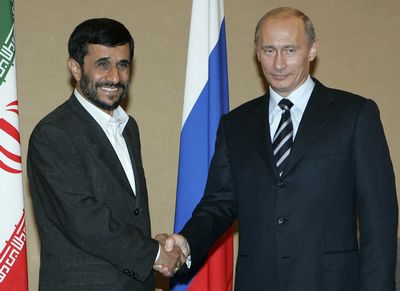Re: The Rise of the Russian Empire: Russo-Armenian Relations
That would be nice, but I think it would be even better to get the S-400s that are portecting the skies over Moscow and St. Petersburg. Of course if we could get both, an unmanned aircraft and S-400s then even better!
Originally posted by Azad
View Post
That would be nice, but I think it would be even better to get the S-400s that are portecting the skies over Moscow and St. Petersburg. Of course if we could get both, an unmanned aircraft and S-400s then even better!





























Comment